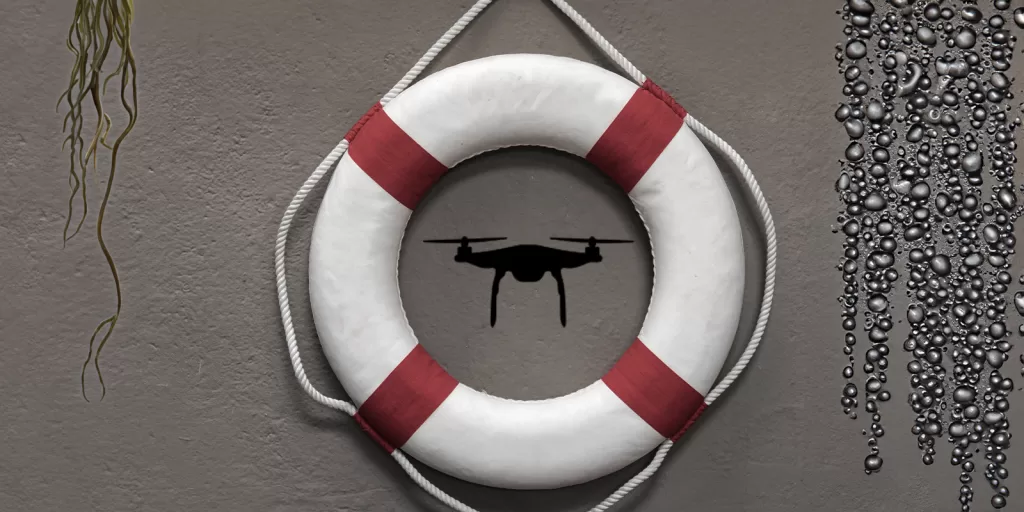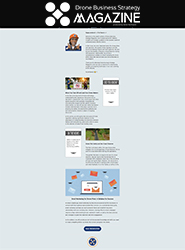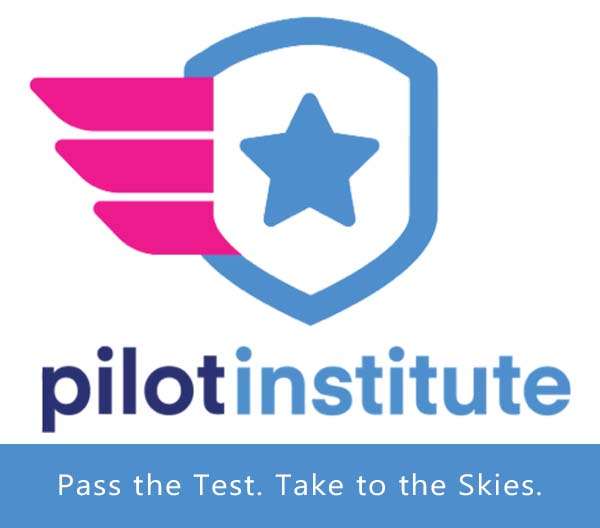
When natural disasters like hurricanes strike, drone technology becomes indispensable for rapid response. Drones play a critical role in search-and-rescue operations, damage assessments, and delivering essential supplies to hard-to-reach or isolated areas. As a drone pilot, you have the ability to make a direct impact on disaster relief efforts.
From flying over affected areas to gather vital data to aiding first responders, your skills are in high demand. With Hurricane Helene and Hurricane Milton causing devastation, now is the perfect time to get involved.
Here’s a step-by-step guide to participating in volunteer efforts.
1. Stay Updated on the Situation
The first step is to stay informed about the status of Hurricane Helene and Hurricane Milton. Major disaster relief organizations, such as FEMA, the American Red Cross, and regional agencies, typically issue calls for support as needs arise. Follow them on social media, subscribe to alerts, and monitor their official websites for real-time updates.
2. Ensure Proper Certifications and Compliance
To participate in relief efforts, you must be certified and compliant with FAA regulations. This includes having an active Part 107 Remote Pilot Certificate, which is required to operate drones commercially. Additionally, ensure your drone meets necessary operational requirements, such as adhering to Temporary Flight Restrictions (TFRs) and being equipped for the mission.
For those working with emergency response teams, extra certifications, such as FEMA’s National Incident Management System (NIMS) training, may be beneficial.
3. Register with Volunteering Platforms
Registering with these platforms ensures that you can be deployed when needed in hurricane-affected areas. Some disaster response organizations maintain volunteer platforms where drone pilots can sign up to offer their services. For example:
- Airborne Incident Response Team (AIRT): Coordinates with first responders to mobilize drone teams.
- DroneResponders: A nonprofit connecting drone pilots with public safety missions.
- FEMA’s Civil Air Patrol (CAP): A good option for drone pilots interested in working with federal agencies.
4. Reach Out to Local Emergency Management Agencies
Local and state emergency management agencies coordinate volunteer efforts, including those involving drone technology. Research the appropriate agencies in areas affected by Hurricane Helene and Hurricane Milton, and let them know about your qualifications. Being proactive may get you deployed faster when drone support is required for search and rescue, damage assessment, or aerial mapping.
5. Prepare Your Equipment
Check with the organization or agency for any specific equipment they require for the mission. Drones equipped with thermal imaging or night vision may be especially valuable for certain tasks. Ensure your drone equipment is in optimal condition before volunteering. This includes:
- Carrying extra batteries for extended flight time.
- Preparing payloads such as cameras or sensors suited for disaster assessment (thermal, high-resolution cameras, etc.).
- Updating your flight software and mapping tools.
- Having a robust communication system for coordinating with ground teams.
6. Follow Protocols and Maintain Safety
Safety is a priority when operating in disaster zones. The FAA enforces Temporary Flight Restrictions (TFRs) over areas affected by hurricanes. Drone pilots must seek FAA authorization before operating in these restricted zones, as unauthorized flights can interfere with rescue missions or medical evacuations. Always stay informed on local laws, FAA guidelines, and the instructions from on-ground personnel.
Unpredictable conditions, such as strong winds, debris, or communication interference, can make flying challenging in disaster zones. It is essential to adhere to safety protocols and be prepared for any obstacles.
For more detailed FAA guidelines, refer to the Operating Near Hurricane Recovery Efforts.
7. Network with Other Drone Pilots
Joining groups like DroneUp or DroneU’s disaster response forums can connect you with other like-minded pilots. Networking allows you to learn from their experiences in disaster relief and potentially join established teams already working in areas hit by Hurricane Helene and Hurricane Milton.
8. Consider Non-Flying Roles
While drone pilots are critical in many disaster responses, some organizations may also need logistical or ground support. If conditions aren’t ideal for flying or you’re unable to volunteer as a pilot, inquire about other roles that could leverage your expertise, such as mission planning, data analysis, or drone maintenance.
The Takeaway
Volunteering as a drone pilot in hurricane disaster relief efforts is a meaningful way to apply your skills during a crisis. The key is preparation: keep your certifications up to date, ensure your drone equipment is mission-ready, and proactively connect with disaster relief organizations. By following these steps, you can become a vital part of the recovery process in the aftermath of hurricanes like Helene and Milton.
Are you ready to deploy your drone where it’s needed most? Start taking the necessary steps today and be prepared to offer invaluable assistance when disaster strikes.
Fly smart, stay sharp, and your drone business will soar to new heights. 😉 T
If you have any questions, let us know! If you’d like to hire us, you can get more information here.
Written by: Tony Marino, MBA – FAA Certified Part 107 Commercial Drone Pilot and Chief Business Strategist at Aerial Northwest
Disclaimer: The information provided in this blog post is for general informational purposes only and should not be construed as legal advice.
Resources
- FAA Resources: FAA DroneZone
- Detailed FAA guidelines, refer to the Operating Near Hurricane Recovery Efforts
- Weather and climate resources: NOAA
- FEMA
- American Red Cross

DRONE BUSINESS STRATEGY MAGAZINE
A free digital publication made exclusively for all small business drone pilots to them help start-up, become profitable while sustaining a competitive advantage within the drone service industry sector they opt to serve.
“If you love to fly, we’d love to have you come aboard!”
We share your information with no one. Our Privacy Policy.









Leave a Reply
Your email is always safe with us.